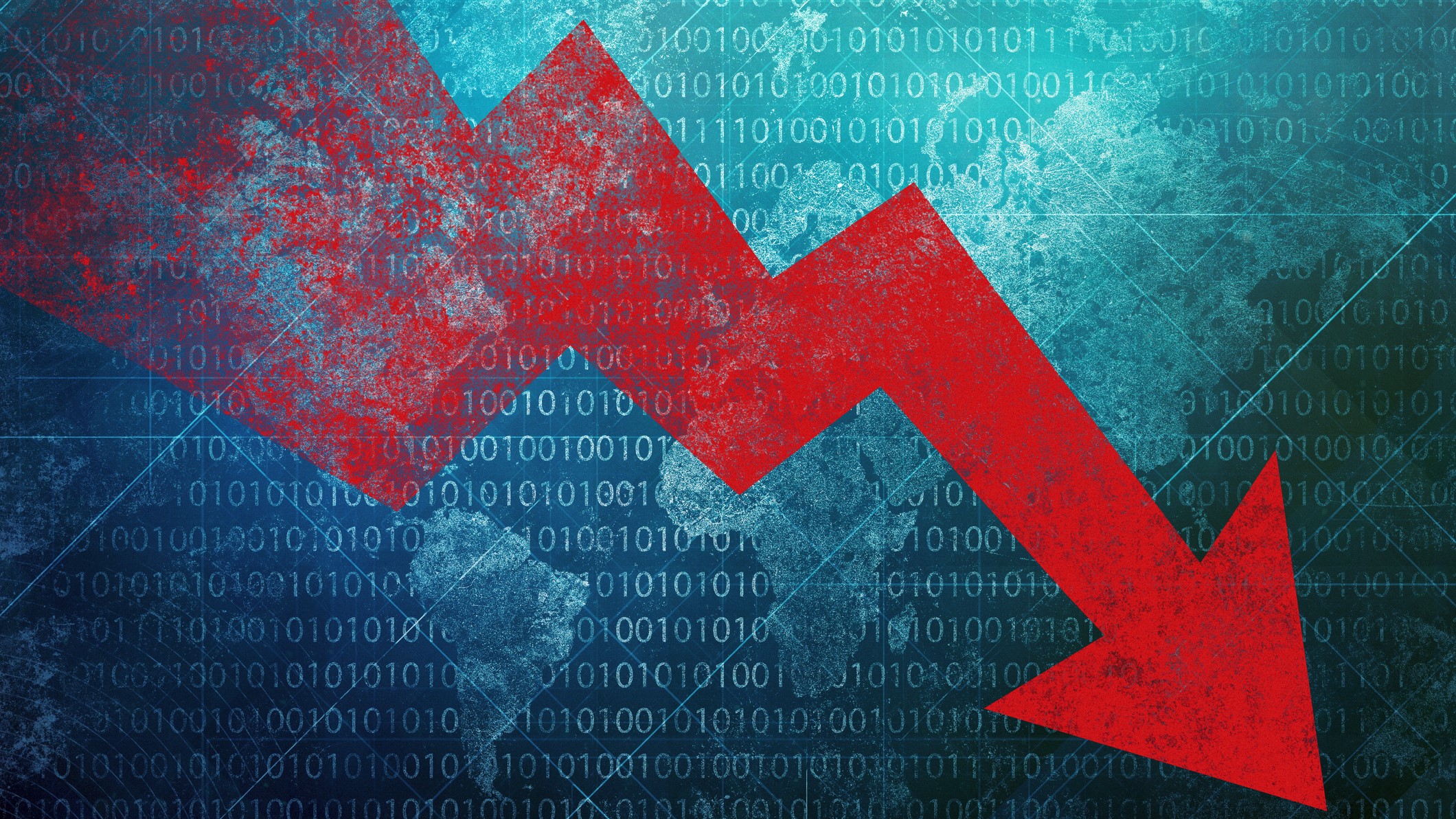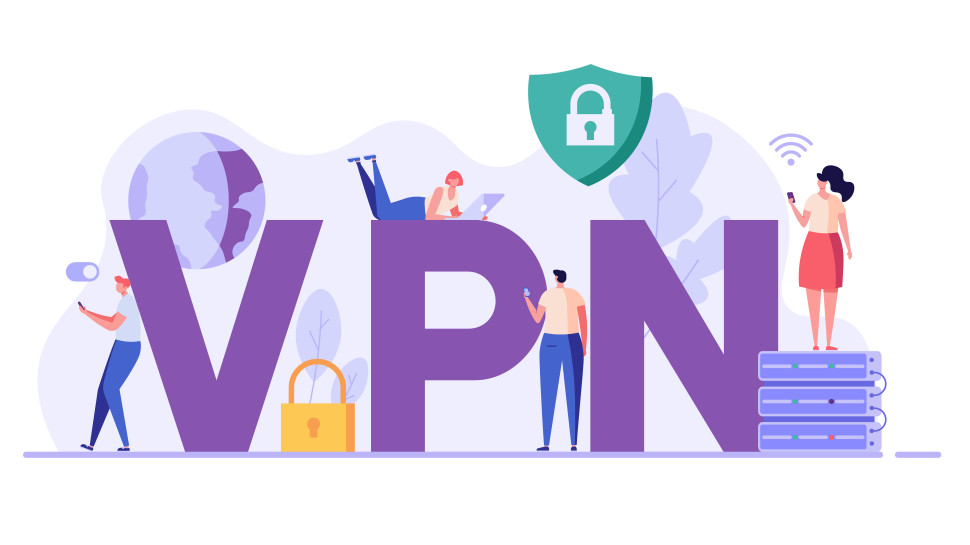When you purchase through links on our site, we may earn an affiliate commission.Heres how it works.
The use of security software likeVPN servicesreflects this trend.
Luckily, better data safety seems to be on the agenda as wellat least across democracies.

We previously reported therecord $10 billion losslinked with internet disruptions registered seven months into 2022.
Iran is themost prolific perpetratorof these blackouts.
The latter function is exactly what helps people living under online restrictions get into the open internet.

Unfortunately, even VPNs cannot help in times of total internet blackout.
X (formerly known as Twitter) was the most blocked social media platform.
Yet, the motivation that cost the economy the most was conflict, followed by protests.
This isn’t totally surprising.
Russia even harvested the power of AI tobeef up its censorship gamethis year.
Some prominent cases of data privacy pitfalls also made headlines across the Western world.
Most notably,ChatGPTallegedly used personal data without consent.
That’s something that cost the popular generative AI app almost a month-longban in Italy.
Meta also faced increased scrutiny for potential GDPR violations in Europe.
First, its new platformThreadswas criticized for collecting more sensitive information than necessary.
According to Sablovskaja, once again 2023 underscores the need for a sophisticated approach to dominant technologies.
Hopes for data safety
A glimpse of hope also marked the 2023 data security landscape.
The race for a comprehensive AI Act has been fierce, too.
We still need to wait for the final text, though.
Proton launched itsVPN Observatoryto publicly map online censorship around the world through VPN trends.
Woodhams feels positive considering these innovations in the market.
Combined with legal and political challenges, we hope this can limit their impact going forward."